-
What makes a picturebook re-readable?
“We’re not trying to make stories that are going to be read, we’re trying to make stories that are going to be read a milliondy billiondy times.” Mo Willems While children’s books need to be re-readable, books aimed at an adult audience do not: As anyone who has ever read books to a child knows, young […]
-
20th Century Breakfasts In Art And Storytelling
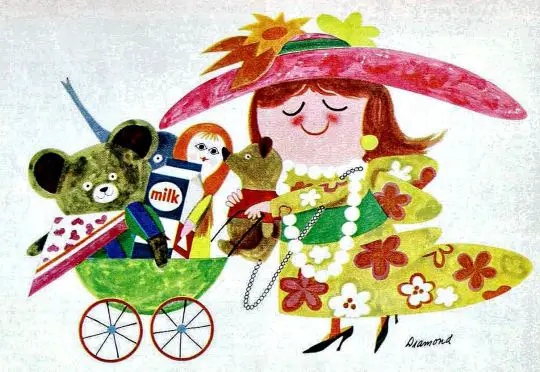
Breakfast eating has changed a lot over time, at least in the West, which in turn has influenced other cultures. These changes have of course been reflected in children’s literature.
-
Thoughts On The Problems With Boys And Picturebooks
UPDATE: Here is the latest hand-wringing on boys and books, this time from Jonathan Emmett. The New Statesman has published an article by Jonathan Emmett who points out that the picturebook world is dominated by women. I’m simplifying here, but basically he argues that this is one problem with picturebooks today, and the feminisation of […]
-
Touch Interactivity And Animation In Storybook Apps
App developers would do well to remember that when it comes to providing a reading experience that is developmentally valuable for young children, it’s as much down to what the app doesn’t do, as what it does. a commenter on the Guardian article: Alarm Bells and Whistles Many of the first digital picturebook apps (‘storyapps’ […]
-
The Age Categories of Picture Books
“A children’s story that can only be enjoyed by children is not a good children’s story in the slightest.” C.S. Lewis The publishing world can’t run properly unless books are connected to the right readers and when it came time to upload the app onto iTunes we had to decide what age the ideal reader […]
-
The Musicality of Picture Books
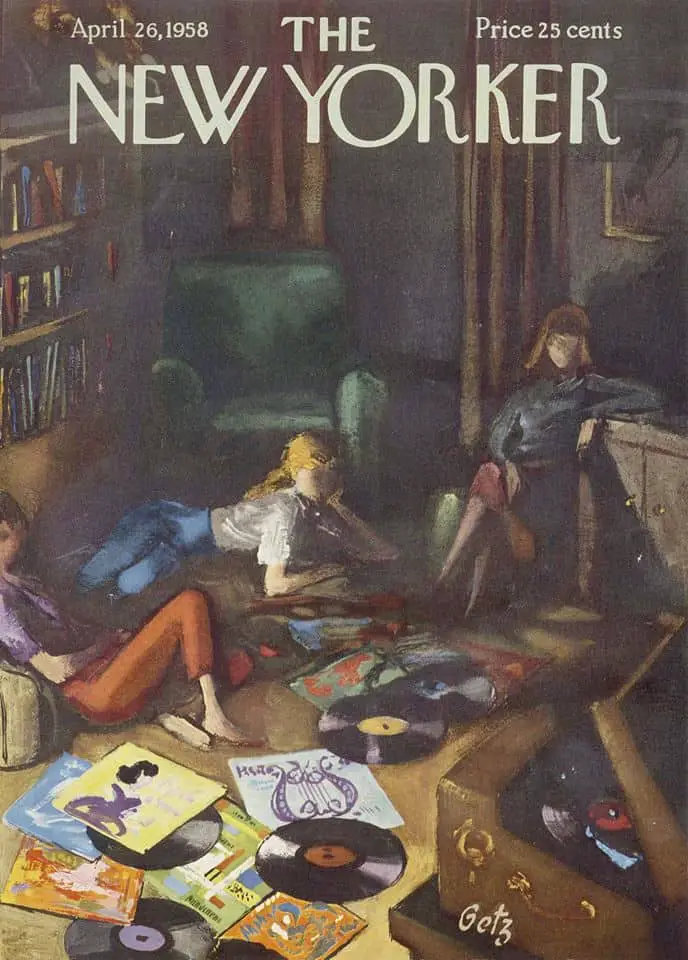
Listening to a folktale — or a children’s book — is more like listening to a musical piece than reading a modern novel. It is normal to listen to musical pieces more than once, under different circumstances, and performed by different musicians.
-
Things Possible With Digital Stories Which Are Not So Possible With Paper Stories
A lot is being said about all the ways in which ebooks and tablet books are not as good as ‘real books’: you can’t smell them, there’s screen glare, you don’t know where you are up to in the book… Ebooks “I hate them. It’s like making believe there’s another kind of sex. There isn’t another […]
-
Teaching Advanced Visual Literacy
People now unblushingly use the term ‘visual literacy’ when a few decades ago the concept, never mind the term, was undreamed of. Such an enormous shift in our ways of understanding the world and ourselves will undoubtedly have had an impact upon a form of text like the picturebook that self-consciously exploits the pictorial as a way of making meaning.
-
Censorship of Children’s Books

App stores add an extra layer of ‘censorship’ when it comes to creating content for children.
-
Reading Pictures Is A Skill In Its Own Right
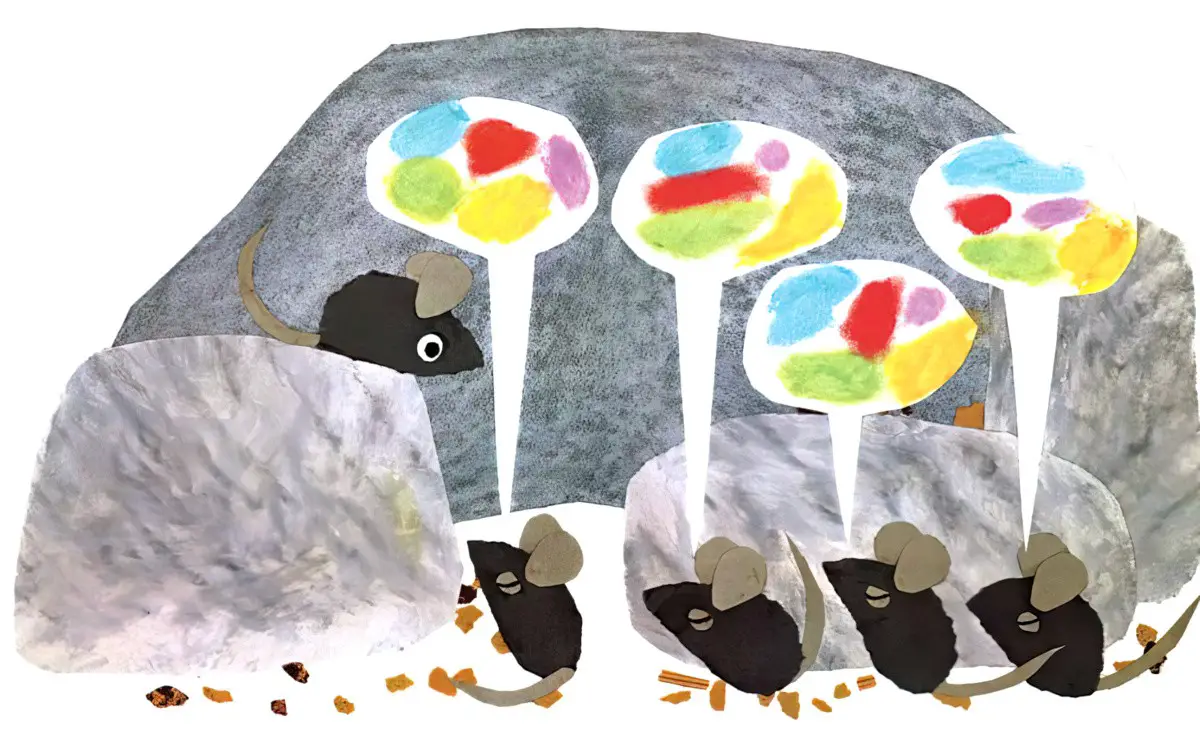
Any sort of close reading of a picture book turns the reader into a semiotician. What does this mean?
-
Why So Many Animals In Picture Books?
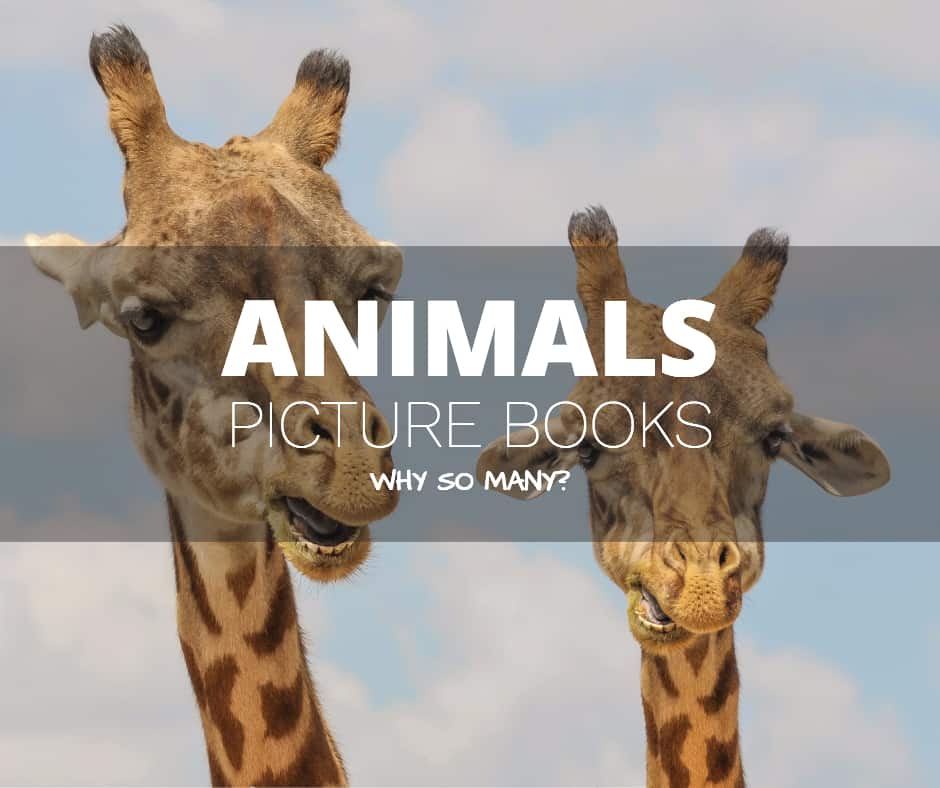
There are many reasons why storytellers sometimes use anthropomorphised animals as characters in very human stories. Here’s a list.
-
Children’s Literature: How scary is TOO scary?
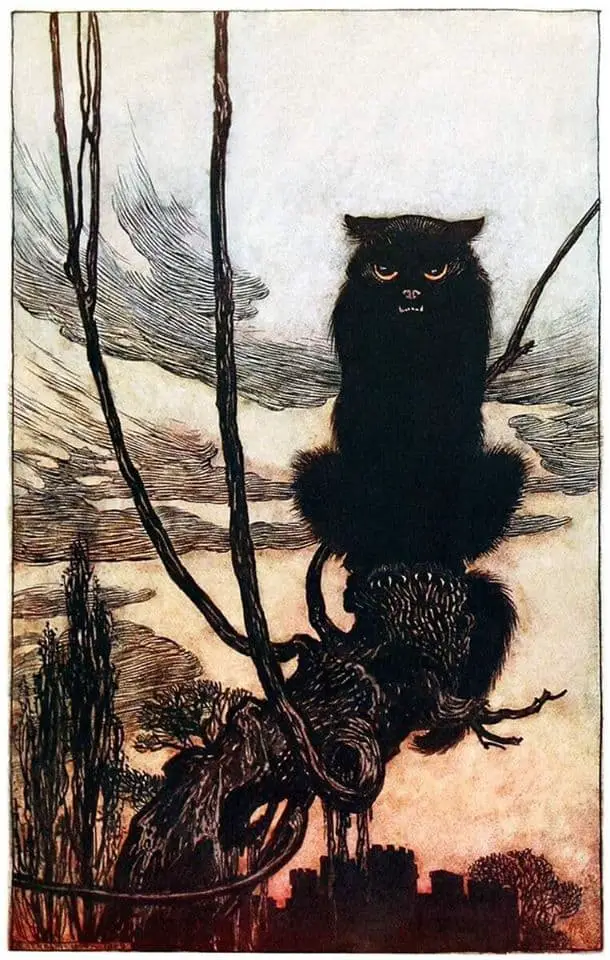
Writing scary tales for children is difficult, because it has to be interesting without being too scary. How is it done? Where’s the line?